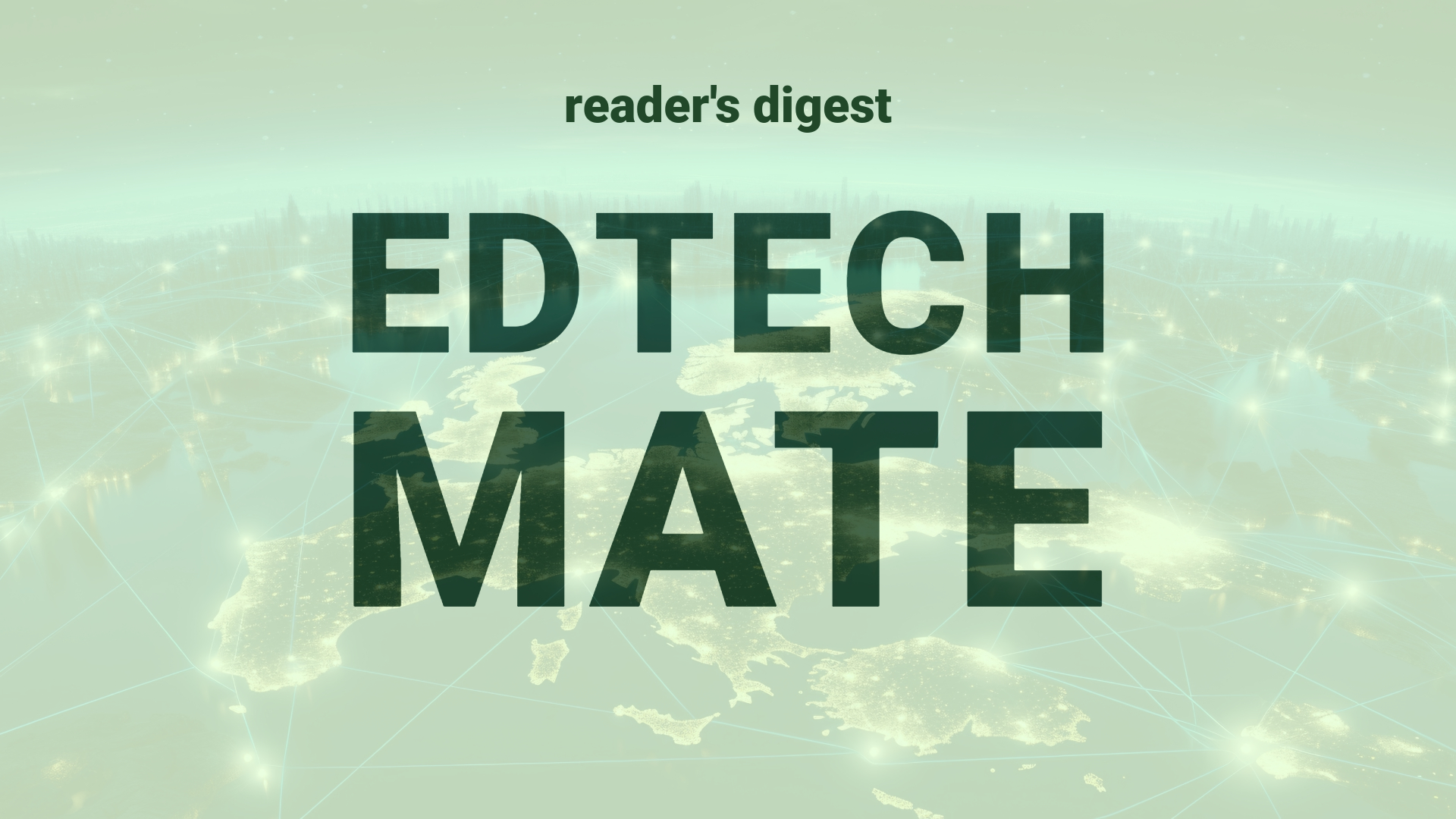Executive Summary and Main Points
The need for transformative infrastructure investments in the United States highlights key trends and innovation opportunities in global higher education. Emphasis on the capacity expansion of clean electricity by 2035 and McKinsey’s projection of power demand growth sets the stage for sector-specific advancements in green energy-focused programs. The education sector, particularly in areas such as energy systems and sustainability, would benefit from integrating this focus into curriculum and research. Academic institutions are well-positioned to lead by developing expertise in green technologies and policy implementation critical for driving forward the clean energy transition.
Potential Impact in the Education Sector
The anticipated doubling of grid capacity and growth in demand for clean power by 2050 constitutes a significant shift that will affect Further Education and Higher Education. Universities and colleges could enhance their strategic partnerships with government and industry to prepare a technically proficient workforce via targeted engineering and environmental science programs. Additionally, the rise of clean technology introduces expansion opportunities for Micro-credentials, enabling professionals to upskill in niche areas like green hydrogen and electric transportation systems. Such digitalization and policy-focused educational offerings will become increasingly pivotal as fast-tracking permitting processes gains importance.
Potential Applicability in the Education Sector
Integrating AI and digital tools into the curriculum can significantly advance understanding and innovation within clean-energy infrastructure projects. AI-powered simulations could offer students real-world case studies, optimizing grid capacity expansion strategies. Moreover, collaborative online platforms can enable international knowledge exchange on best practices and regulatory frameworks. These tools can also play a role in the dissemination of Micro-credentials, providing access to cutting-edge knowledge on clean energy systems and policy, thus broadening the global educational impact.
Criticism and Potential Shortfalls
While the push toward clean energy and the acceleration of permitting processes bear optimistic prospects, there remain concerns. Notably, optimal integration into existing education programs while ensuring authenticity and quality can be challenging. International case studies from countries leading in clean energy may demonstrate vast discrepancies tied to policy, investment, and technological availability. Further, ethical and cultural implications surface regarding technology access, socio-economic disparities, and the alignment of international partnerships within the cultural context of global higher education systems.
Actionable Recommendations
To capitalize on these technologies within the education sector, institutions are recommended to actively pursue research in policy facilitation for clean-energy projects. Developing new curricula to support this sector’s growth is imperative, as is fostering international collaborations to learn from best practices and policy environments of other nations. Leaders in international education should focus on building capacity for such initiatives, ensuring that ethical consideration and cultural responsiveness are woven into the strategic development of these programs and projects. Equipping students with the skills and knowledge to navigate and contribute to the fast-evolving landscape of clean energy will be crucial for future success.
Source article: https://www.mckinsey.com/industries/public-sector/our-insights/accelerating-permitting-to-help-achieve-us-clean-energy-goals

